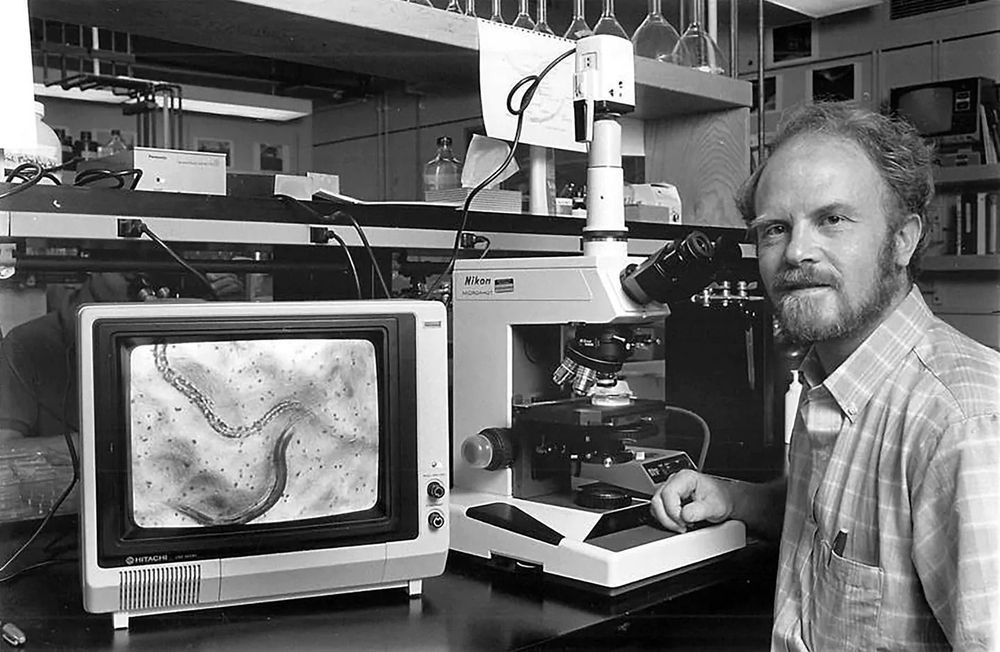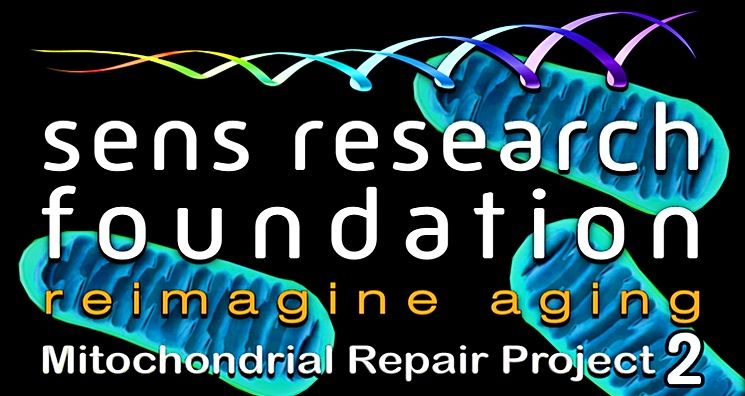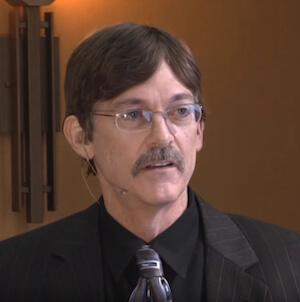CHECK OUT SEASON 1 PLAYLIST: https://www.youtube.com/watch?v=ic9AV4mMbOQ&list=PL_GIV9…itbMC34bPF
KEEP THE SHOW ON-AIR! : WWW.PATREON.COM/DEBTNATION
• PLEASE CHECK OUR SPONSOR: WWW.IAMTRANSHUMAN.ORG/
• LINK TO BOOK: https://www.youtube.com/redirect?q=https%3A%2F%2Fwww.amazon.…yQqqBCoW44
This episode of Debt Nation is sponsored by Thrivous, the human enhancement company (https://thrivous.com). Thrivous develops and distributes advanced nootropic and geroprotector dietary supplements, to enhance cognition and promote healthy aging. Each nutrient and each dose is based on multiple human studies. And all quality control is completely open source.







